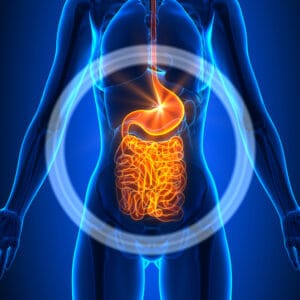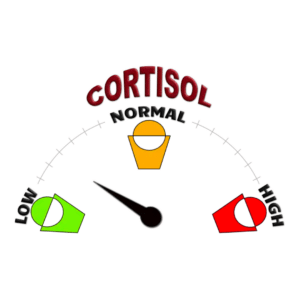Natural immunity is the immunity that an individual is born with or acquires naturally, as opposed to immunity that is acquired through artificial means such as vaccination. The body can recognise and fight off harmful pathogens, such as bacteria and viruses, through the actions of various immune cells and molecules (1).
The body’s first line of defence against pathogens is the barrier function provided by the skin and mucous membranes. The immune system kicks into action if a pathogen can penetrate these barriers. One of the key players in natural immunity is a type of white blood cell called a macrophage. Macrophages can engulf and digest pathogens and present pieces of the pathogen to other immune cells called T-cells, which play a crucial role in recognising and eliminating pathogens.
In addition to these cells, natural immunity also involves the activation of complement proteins, which can target and mark pathogens for destruction, and the production of antibodies, which can specifically bind to and neutralise pathogens.
Natural immunity also includes memory cells, and a second exposure to the same pathogen helps the body respond faster and more efficiently. This is called adaptive immunity.
Overall, natural immunity is a complex and dynamic process involving many different cells and molecules working together to protect the body from infection.
nutrients to support the immune system
Several nutrients are important to support and strengthen the immune system, which in turn can help improve natural immunity (2). These include:
- Vitamin C: This vitamin is an antioxidant that helps to protect cells from damage and supports the production of white blood cells. Good sources of vitamin C include citrus fruits, berries and leafy greens.
- Vitamin D: This vitamin helps the body to produce antibodies and supports the function of immune cells. It can be obtained from sun exposure and foods such as fatty fish and egg yolks.
- Vitamin E: This is another antioxidant that helps protect cells from damage. Good sources of vitamin E include nuts, seeds and leafy greens.
- Zinc: This mineral plays a vital role in the functioning of immune cells and supports the production of antibodies. Good food sources include oysters, beef and chickpeas.
- Probiotics: Probiotics are beneficial bacteria that live in the gut. They help to support the immune system by promoting the growth of healthy gut bacteria, which can help to protect against harmful pathogens. Probiotics can be found in fermented foods such as yoghurt, kefir, sauerkraut, and kimchi.
- Beta-Carotene and Selenium: These nutrients are known as micronutrients which also have antioxidant properties and can help to strengthen natural immunity. Beta-carotene can be found in fruits and vegetables like carrots, sweet potatoes and spinach, while selenium can be found in Brazil nuts, seeds and fish.
lifestyle and natural immunity
Other ways to support natural immunity are:
- eating a diet rich in fruits, vegetables and lean proteins
- getting enough sleep – chronic sleep deprivation can lead to a weakened immune system and an increased risk of infections
- exercising
- reducing stress
- not smoking
- avoiding excessive alcohol consumption
testing natural immunity through blood tests
It is possible to test for certain aspects of natural immunity through blood tests. Still, it is important to note that the immune system is complex and dynamic, and no single test can provide a complete picture of an individual’s immune status.
One way to test for natural immunity is by measuring the levels of specific antibodies in the blood. Antibodies are proteins the immune system produces that specifically recognise and neutralise pathogens. By measuring the levels of antibodies against specific pathogens, it is possible to get an idea of the level of exposure to those pathogens and the strength of an individual’s immune response.
Another way to test natural immunity is by measuring the levels of specific immune cells, such as T-cells and B-cells, which play essential roles in recognising and neutralising pathogens. A blood test can also measure the activation of complement proteins and cytokines, which are molecules that play a role in the immune system.
While blood tests can provide important information about certain aspects of natural immunity, they do not give a complete picture. They are best used in conjunction with other tests and clinical evaluations.
sources:
1. Uthaisangsook, S., Day, N.K., Bahna, S.L., Good, R.A. and Haraguchi, S. (2002). Innate immunity and its role against infections. Annals of Allergy, Asthma & Immunology, [online] 88(3), pp.253–265. doi:10.1016/S1081-1206(10)62005-4.
2. Childs, C., Calder, P. and Miles, E. (2019). Diet and Immune Function. Nutrients, [online] 11(8), p.1933. doi:10.3390/nu11081933.








